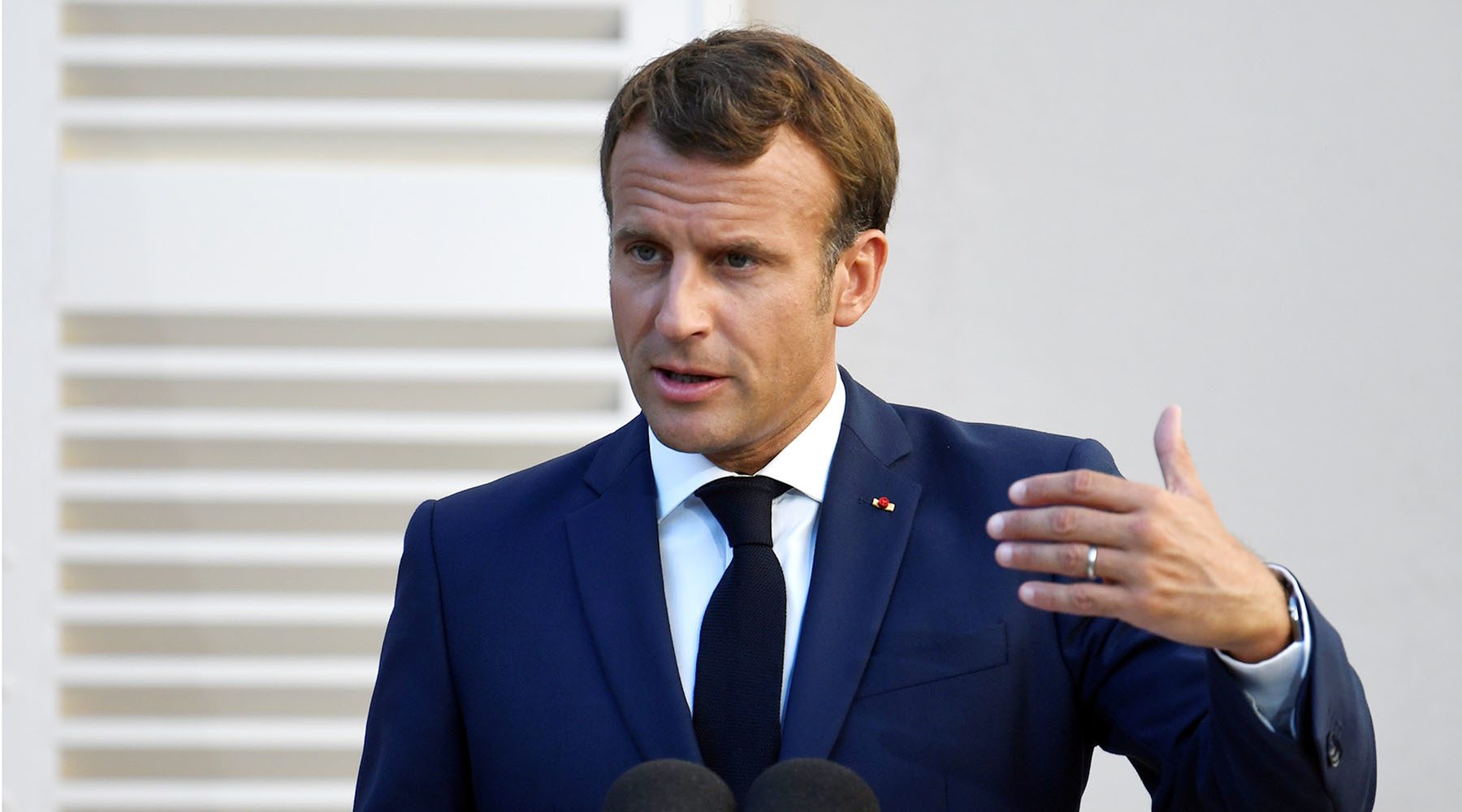The United States and European countries have issued a joint statement on the situation in Belarus. In it, they called on Minsk to "comply with international obligations and stop violence and threats to use military force against the people."
“We call on the Belarusian authorities to abide by their international obligations to respect fundamental democratic freedoms and human rights,” reads the document published on the website of the British Foreign Office.
Also, the countries in a joint statement called on the Belarusian authorities "to stop violence and threats to use military force against their own citizens", as well as "to immediately and unconditionally release all unjustly detained."
As a reminder, the current head of state, Alexander Lukashenko, was re-elected as President of Belarus following the results of the elections held in early August. He received the support of 80.1% of voters.
After the preliminary results of the voting were announced, large-scale protests began throughout Belarus. The protesters demanded Lukashenka's resignation from the post of head of state and the holding of new elections.
In the first days of the protest actions were accompanied by clashes between the security forces and demonstrators, but later the speeches of those dissatisfied with the results of the elections began to take place peacefully.
As the situation in Belarus developed, Western politicians commented on the state of affairs in the republic. Soon after the publication of the election results, representatives of the European Union announced their intentions to impose sanctions against Belarus. At the end of August, the head of EU diplomacy, Josep Borrell, confirmed these intentions, promising to soon submit a list of persons who will be affected by the restrictions.
- Reuters
- © Christophe Simon / Pool
Along with this, the leaders of large European states urged not to interfere in the situation that has developed in Belarus. French leader Emmanuel Macron on August 28 warned against any external interference in the situation in Belarus.
"Any external interference in the situation in Belarus would lead to the internationalization of the problem ... Such interference would be undesirable," TASS quotes a fragment of Macron's statement at a meeting with the presidential press pool.
He noted that Paris and Berlin "do not want a repeat of what happened in Ukraine."
“We want to involve Russia in a dialogue on Belarus so that it can help convince President Alexander Lukashenko of the need for OSCE mediation,” Macron added.
Following an emergency EU summit on August 19, German Chancellor Angela Merkel said EU leaders condemned the violence against demonstrators in Belarus. The Chancellor noted that the EU is in favor of "a national dialogue, as the opposition in Belarus is proposing." At the same time, she pointed out the inadmissibility of external interference in the affairs of the republic.
“Belarus must find its own way on its own, this must happen through a dialogue within the country, there must be no outside interference,” RIA Novosti quotes Merkel. At the same time, the chancellor expressed the point of view that "the elections in Belarus were dishonest and unfair."
Later, Merkel again spoke about the state of affairs in Belarus. The Chancellor on August 28 expressed the hope that Russia will not use the reserve of law enforcement officers in Belarus, created to help the republic.
We will remind, earlier Vladimir Putin announced the formation in Russia of a reserve of security officials who can provide assistance to Belarus. At the same time, the Russian leader noted that the involvement of these specialists is possible only if the extremists in the republic cross certain borders. Subsequently, Lukashenka himself said that the Russian security forces did not arrive on the territory of Belarus.
“I hope that it will not come to the use of such forces,” Merkel quotes TASS.
The German Chancellor added that she had discussed with Russian President Vladimir Putin that "sovereignty will be observed with regard to Belarus."
Note that Estonian Prime Minister Juri Ratas reiterated Lukashenka's unwillingness to hold telephone conversations with French President Emmanuel Macron and German Chancellor Angela Merkel.
“As far as I know, they called not only the President of Russia (Vladimir Putin. - RT ). Requests for telephone conversations from both European leaders were also sent to Minsk - Alyaksandr Lukashenka, who did not answer and didn’t pick up the phone, ”ERR quotes him.
Earlier, Merkel herself also stated that Lukashenka refused to speak to her by phone several times. At the same time, the Belarusian leader, according to his press secretary, asked Vladimir Putin to convey to Merkel a request not to interfere in the affairs of Belarus.

